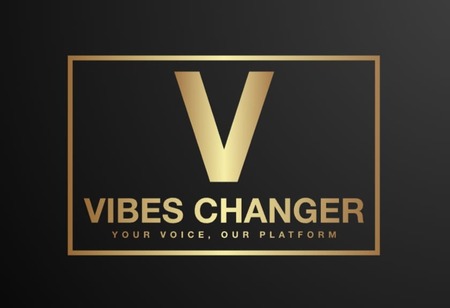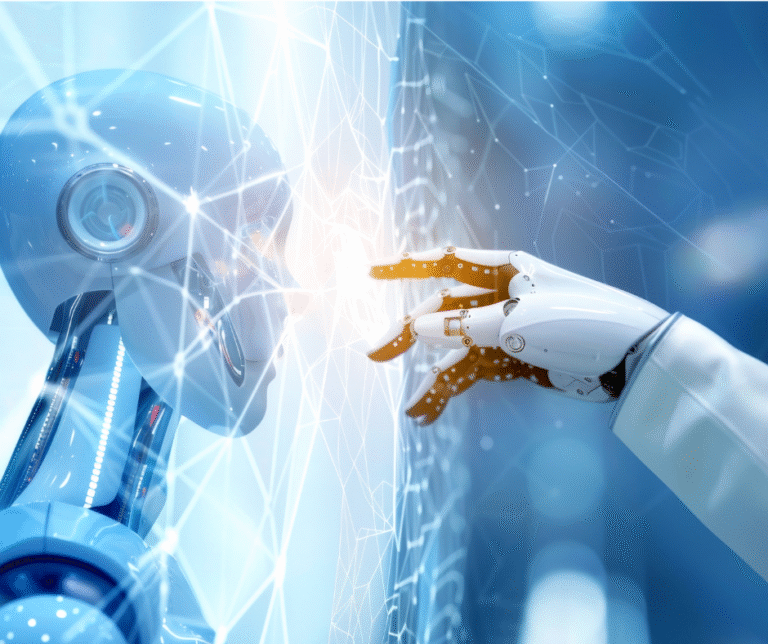Artificial Intelligence, commonly known as AI, is no longer just a concept from science fiction. It’s a rapidly advancing field that’s changing the way we live, work, and interact with technology every day. From virtual assistants like Siri and Alexa to recommendation systems on Netflix and Amazon, AI is becoming an integral part of modern life.
What is Artificial Intelligence?
At its core, AI refers to the ability of machines to mimic human intelligence. This includes learning from experience, understanding natural language, recognizing patterns, solving problems, and even making decisions. AI systems are designed to perform tasks that typically require human intelligence — but with speed, efficiency, and accuracy that often surpass human capabilities.
Types of AI
AI can be broadly categorized into three types:
-
Narrow AI
Also known as “Weak AI,” this type is designed to perform a specific task. Most of the AI we see today falls into this category — like facial recognition software or spam filters. -
General AI
This is a more advanced form of AI that can understand, learn, and apply knowledge across a wide range of tasks — much like a human being. It’s still theoretical but is a major goal for researchers. -
Superintelligent AI
A hypothetical form of AI that surpasses human intelligence in every aspect. While it’s a popular theme in movies and literature, it’s still far from reality.
Real-World Applications of AI
AI is already making a significant impact in various industries:
-
Healthcare: AI helps in diagnosing diseases, analyzing medical images, and even predicting patient outcomes.
-
Finance: From fraud detection to algorithmic trading, AI is making financial services smarter and more secure.
-
Transportation: Self-driving cars and intelligent traffic systems rely heavily on AItechnologies.
-
Customer Service: Chatbots and virtual assistants are improving user experience and reducing response times.
The Ethical Side of AI
With great power comes great responsibility. As AI continues to evolve, so do the ethical questions surrounding it. How do we ensure AI is used fairly? What happens to jobs that become automated? How do we prevent biased algorithms?
These concerns are sparking important conversations about responsible AIdevelopment, transparency, and accountability.
The Future of AI
Looking ahead, AI is set to become even more influential. Advancements in natural language processing, machine learning, and robotics could lead to breakthroughs we can hardly imagine today. However, it’s essential to strike a balance — embracing innovation while keeping ethical considerations front and center.
Final Thoughts
ArtificialIntelligence is not just a buzzword — it’s a transformative force that’s reshaping industries and redefining what’s possible. As with any powerful tool, the key lies in how we choose to use it. By fostering responsible innovation, we can ensure AI benefits society as a whole.
#ArtificialIntelligence
#AI
#MachineLearning
#TechInnovation
#FutureOfTech
#VibesChanger
#BuzzCreatorsDigitalMedia


1 Comment
Pingback: The Rising Influence of Artificial Intelligence: A Look into the Future - Vibes